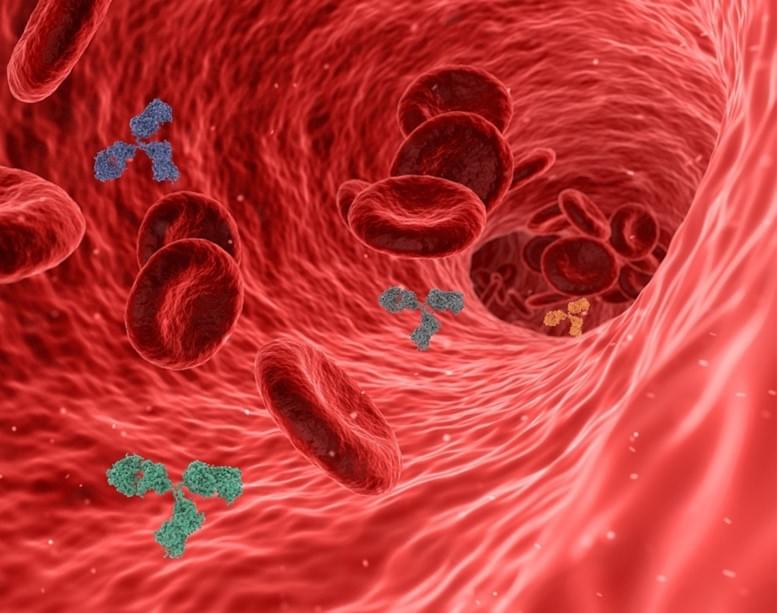The immune system employs different immune cells to target infection and disease throughout the body. Immunologists, who study the immune system, have worked on therapies to get more of these cells to the site of infection and at a faster rate. Currently, it is still unclear how effectively the immune system operates in age-and sex-related research. A group at the University of Birmingham have demonstrated specific sex-related differences associated with the immune system in older female mice. This novel research introduces age and sex into the equation and will change the way we study the immune system and improve patient treatment.
A recent publication in the Journal of Leukocyte Biology, by Dr. Myriam Chimen and colleagues found that age is a significant factor that determines cell movement to the major organs in the stomach cavity. More specifically, immune cells were not going to the site of infection, but “leaking” into the stomach cavity from blood vessels. This study has found a clear difference between sexes associated with immunity, as it was previously believed women’s immune system deteriorates faster compared to men. Chimen and colleagues have confirmed this long-standing belief through their work on immune system sex-related differences.
Chimen and colleagues show that the increased immune cell presence in the stomach cavity is from “leaky” blood vessels. “Leaky” is a term used to described blood vessels that do not maintain strong structural integrity. The idea of “leaky” blood vessels occurs in inflammatory diseases such as cancer. Cancer cells travel through the blood system and commonly “leak” out of the blood stream to other sites in the body. The trafficking of cells to other sites allows the spread of cancer throughout the body, further promoting tumor growth.
